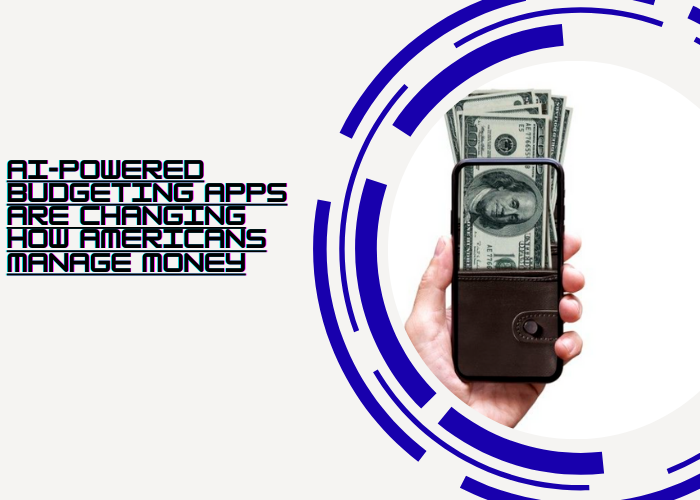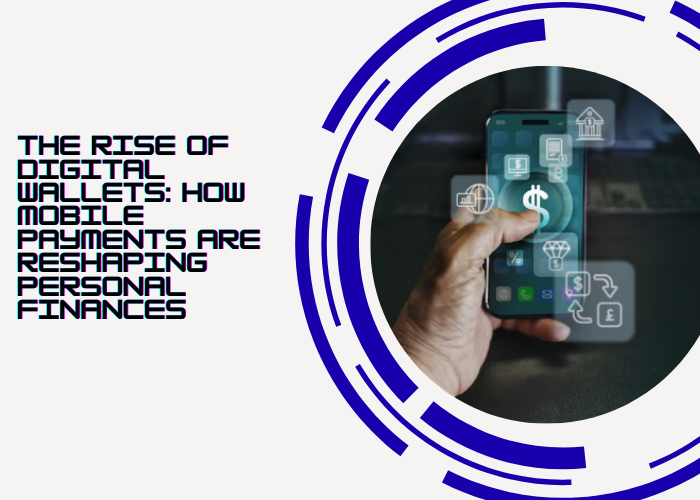The First Steps in Personal Finance That No One Taught You in School
Your First Steps in Personal Finance: Take Control of Your Money Today
Do you remember learning about household budgets, investing, or getting out of debt in school? Probably not. And that’s one of the biggest gaps in our formal education: we are prepared for many areas of life, but left adrift when it comes to money.
The result? Many of us, facing adulthood, feel a sense of panic when managing personal finances, as if trapped in a maze with no way out.
Think about it: you work hard, earn money, yet it seems to slip through your fingers. Bills pile up, savings barely grow, and investing feels like something only “experts” can do. If this resonates with you (in a motivating way!) and makes you reflect, know that you are not alone. The good news is: the game can change.
In this guide, we’ll explore the essential first steps in personal finance that everyone should learn. Get ready to demystify money, organize your financial life, and finally take control of your future. Your journey to financial freedom starts here.
The Financial Reality School Ignored: Why Money Feels Scary
Ever feel like no matter how much you earn, it’s never enough? Or struggle to understand where your money goes every month? This is the reality for many who never learned about personal finance at home or in school. The result is a vicious cycle of debt, stress, and the constant impression that financial control is complex, only accessible to “gurus.”
In Brazil, financial education is still a privilege for the few. Recent studies show that over 70% of Brazilians do not feel fully prepared to manage their own finances, leaving them in a constant state of vulnerability.
After years of discovering and applying strategies that transformed my own relationship with money—and that of many people around me—I can say with confidence: personal finance is not rocket science. It’s a skill anyone can develop. The problem isn’t your ability; it’s the lack of clear guidance and practical first steps.
You don’t have to feel lost anymore. By reading this guide, you’ll discover a liberating truth: financial control is in your hands.
Where’s Your Money Going? The Power of Understanding Income and Expenses
Stop and think: do you know exactly where every dollar of your income goes? If your answer is “sort of” or “no idea,” you’re not alone. Most people live in the dark financially, unaware of their numbers. This is like trying to reach a destination without GPS: you might move forward, but the risk of getting lost is huge.
The first—and most fundamental—step in personal finance is knowing your starting point. Without this, any attempt at organization is a shot in the dark.
The secret isn’t to earn more—at least not at first. It’s to understand where your money is going. List all your income sources (salary, side gigs, etc.) and, crucially, all your expenses. You’ll probably discover “money leaks”—small expenses that add up without you noticing, like daily coffee, unused streaming subscriptions, or delivery apps. Track them without judgment; this map is your first tool to start building wealth.
Say Goodbye to “Just One More”: Creating Your First Effective Budget
Once you know where your money goes, the next step is creating a budget. And no, it doesn’t have to be complicated or boring. A budget is a powerful tool that gives you control. It’s a plan for your money, helping you decide in advance how to use your resources.
Many abandon budgeting because they see it as restrictive: “I can’t spend on anything fun!” A good budget doesn’t forbid spending; it gives you permission to spend consciously and with purpose. Simple methodologies like the 50/30/20 rule (50% needs, 30% wants, 20% savings/investments) or the zero-based budget (every dollar has a job) work wonders.
The key is consistency and flexibility. Start simple, track your spending for a week or month, and adjust. A budget is your financial GPS, guiding you to where you truly want to go.
The “I Can’t Save” Myth: Simplifying Savings
“I don’t earn enough to save.” This is one of the biggest lies we tell ourselves. The truth: saving is not about how much you earn—it’s about discipline and prioritization. Saving is a habit, a skill to develop.
The secret is to save first. As soon as money enters your account, direct a portion (even 5–10%) to savings or an initial investment. Automate it. Make saving your first “bill.”
You’ll be surprised how quickly you adapt to living on what’s left. Prioritizing your savings is the mindset shift that takes you from “I have no money” to “I’m building my future.”
Emergency Fund: Your Shield Against Financial Surprises
Adult life is full of surprises—car repairs, dental emergencies, or job insecurity. Without an emergency fund, people often resort to debt. A reserve fund is your financial shield, your safety net, your “Plan B.”
Ideally, your emergency fund should cover 3–12 months of essential living expenses. Start small, save consistently, and keep the money accessible but not too tempting to spend. Consider options like a daily-liquidity CDB or government bonds. The emergency fund is the foundation of financial security.
Getting Out of Debt: Simple Yet Powerful Strategies
If you’re in debt, take a deep breath. You are not alone, and there is a path forward. The “snowball method” is highly effective:
- List all debts from smallest to largest.
- Pay minimums on all except the smallest.
- Attack the smallest debt with any extra money.
- Once it’s paid off, roll that payment into the next smallest debt.
Seeing debts disappear motivates you to keep going. Negotiate with creditors when possible—many offer discounts or lower-interest installments. Freedom from debt is empowering; your money starts working for you, not the bank.
Understanding Investments: How to Make Your Money Grow
Investing doesn’t have to be scary. It’s simply making your money work for you. Start small, focus on safety:
- Government Bonds (Tesouro Direto): Safe, low-entry investment with daily liquidity.
- CDBs: Bank-issued bonds, secure with government guarantee up to a limit.
- Investment Funds: Pool money to diversify across assets.
The key is starting now. Time is your ally; compound interest works best the earlier you begin.
Protecting Your Future: Insurance and Retirement Plans
Insurance and retirement plans aren’t expenses—they’re investments in security:
- Life Insurance: Protects your loved ones.
- Home/Auto Insurance: Covers major losses.
- Private Pension: Builds long-term retirement security.
These tools prevent unexpected events from derailing your financial progress.
Transform Your Mindset: Overcoming Limiting Beliefs About Money
Financial success often comes down to mindset, not income. Beliefs like “money is dirty” or “I’m not meant to be rich” limit us.
- Reframe money: It’s a tool for freedom, security, and impact.
- Educate yourself: Knowledge empowers control.
- Surround yourself with financially-minded people: Your social circle influences growth.
- Celebrate small wins: Each debt paid or amount saved is progress.
Your mindset drives your financial journey. Changing beliefs about money is the most underrated, yet powerful, step to achieving financial freedom.
Your Financial Journey Starts Here
Financial freedom isn’t a destination—it’s a continuous path of learning, discipline, and smart choices. You don’t need to be a math genius or earn a fortune. You need action.
Start today. Organize a budget, cut unnecessary expenses, or deposit even a small amount into savings. Each small, consistent action becomes a habit—and habits create wealth. Your financial future is waiting. Take the first step now.



